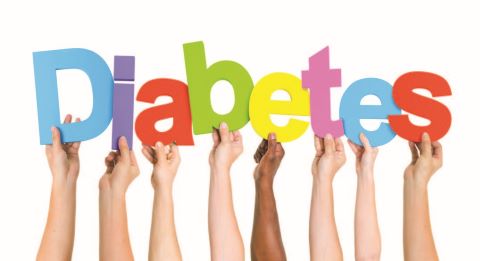Determine Drug Code Usage When Reporting Diabetes
Question: I thought all diabetes cases required the use of an additional code to identify long-term drug use and control, but my provider said that’s not true. Who is correct? AAPC Forum Participant Answer: Your provider is correct. In your defense though, most diabetes codes require you to identify long-term drug use. In fact, among the five primary diabetes types recognized by ICD-10 — E08.- (Diabetes mellitus due to underlying condition), E09.- (Drug or chemical induced diabetes mellitus), E10.- (Type 1 diabetes mellitus), E11.- (Type 2 diabetes mellitus), and E13.- (Other specified diabetes mellitus) — only one, E10.-, does not require you to use an additional code to identify long-term drug use. The reason for this has to do with the main difference between diabetes mellitus types 1 and 2. Many people with type 2 diabetes can control their condition with diet and exercise. That is why there is a note accompanying E11.- telling you to use an additional code to identify control, such as Z79.4 (Long term (current) use of insulin) or Z79.84 (Long term (current) use of oral hypoglycemic drugs). However, type 1 diabetics are insulin dependent, which is why ICD-10 does not include a similar note with the E10.- codes. It’s assumed that all type 1 patients will be long-term insulin users.




